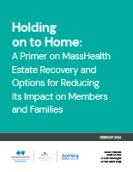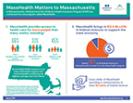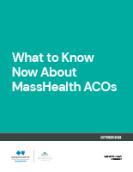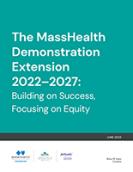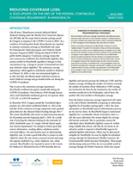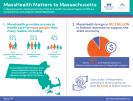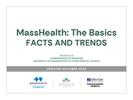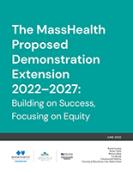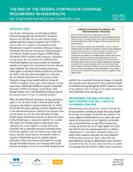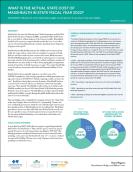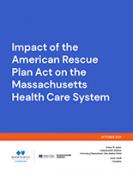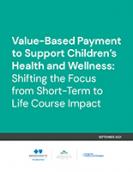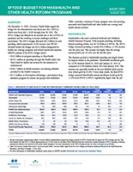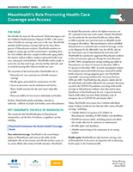Holding on to Home: A Primer on MassHealth Estate Recovery
Federal law requires states to recoup costs from certain Medicaid members’ estates – the money and possessions left after someone dies – if they received long-term services and supports (LTSS), such as care in a nursing facility or at home. But some states, including Massachusetts, exceed the federal minimum and recover the cost of all Medicaid-covered services that are provided to members over age 55. This means far more members are affected because it is not just limited to those who use LTSS.
